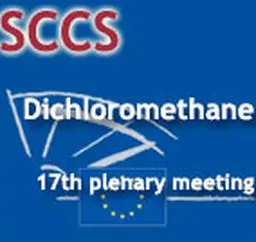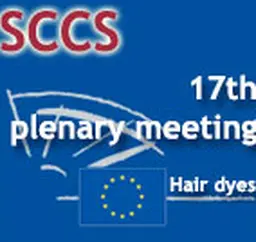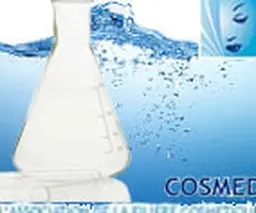
The effectiveness, SPF level and safety of organic sunscreen products, based on mineral screens (Titanium Dioxide and Zinc Oxide), are regularly questioned. In an attempt to put an end to the recurring controversies, the Collectif des Solaires Bio (Collective of Organic Sunscreens) has developed a new method for measuring UVA protection in vitro (ISO 24443 modified) and published a study proving that mineral sunscreens do not penetrate the skin barrier.
The Collectif des Solaires Bio brings together several brands of organic cosmetics: Acorelle, Alphanova, Bioregena, Biosolis, Cattier, Inavive Lab, Laboratoires de Biarritz, Omum, and Pur Eden.
Their grouping aims to form a scientific bulwark against the accusations that regularly affect organic suncare products. In a press conference held in March, they presented the arguments against them.
The harmlessness of mineral filters
Mineral filters, titanium dioxide and zinc oxide, “are of natural origin, inert and stable,” the Collective first reminded us: this “gives them optimal tolerance, they do not cause any allergy or irritation on the skin.”
To prove their total harmlessness, the Collective conducted a study of skin penetration*, which was published in the Journal of Cosmetics, Dermatological Sciences and Applications”, and whose conclusions show that mineral filters do not cross the skin barrier.
“There is therefore no risk of passage into the bloodstream and lymphatic circulation, and therefore no risk of accumulation in the body. They are therefore completely harmless,” comments the Collective.
The effectiveness of organic sunscreens
Whether they are conventional or certified organic, sun protection products are subjected to the same tests to validate their effectiveness, with three ISO methods validated to date:
• ISO …













